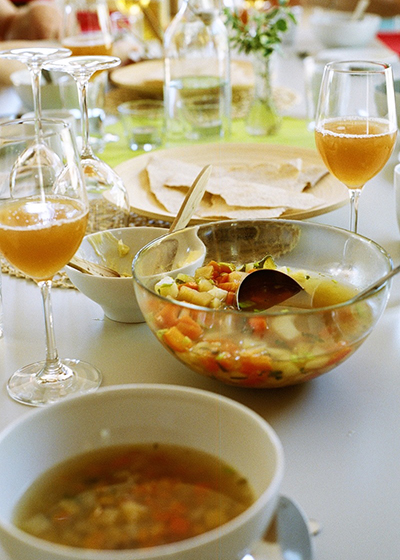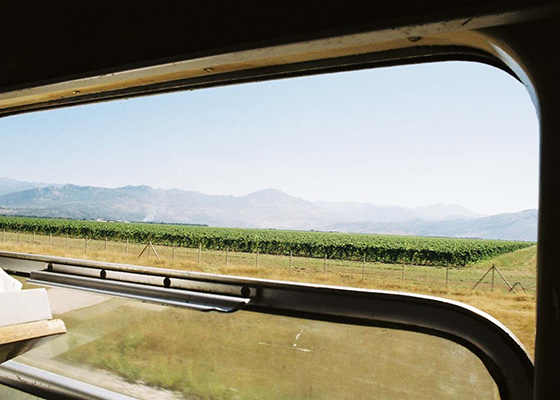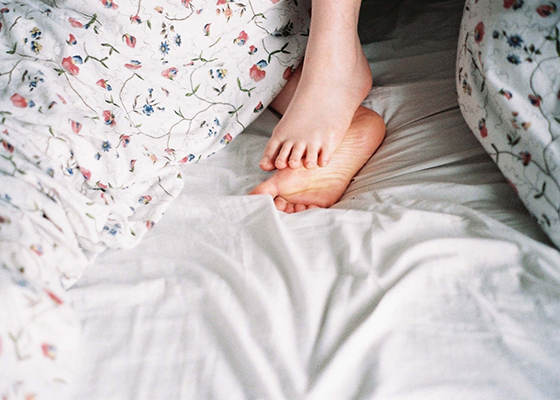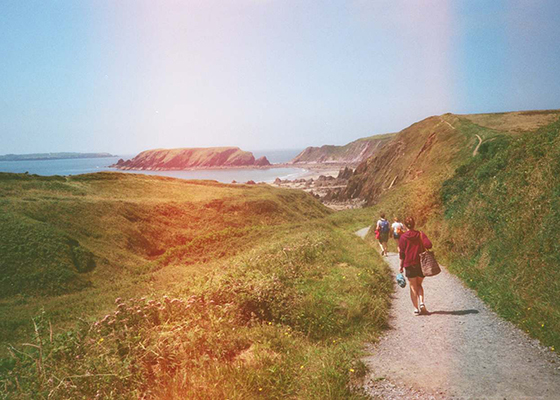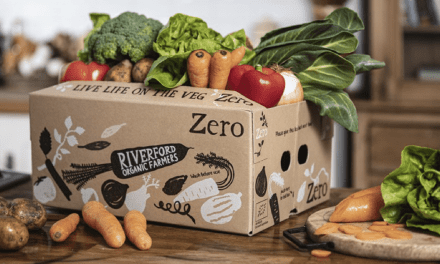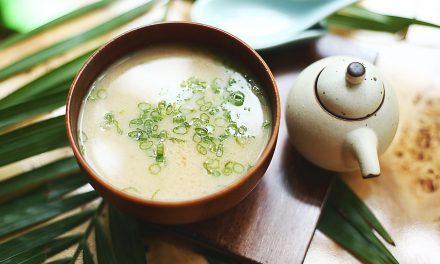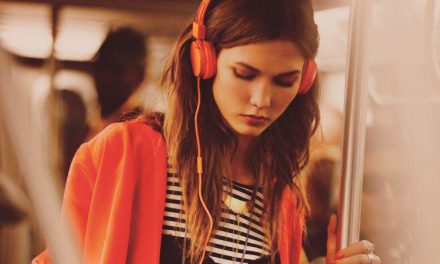The World After COVID-19
There is something currently that connects the world, something we have all experienced in some shape or form this year due to the current pandemic. Yes, you guessed it – 2020’s biggest trend – isolation. Loren Lazic imagines the world after COVID-19.
By Loren Lazic @dailyrestore
Here in Berlin, whilst key workers head out each day to keep the world running, the rest of us have experienced a time of quiet, a time free of commuting, a time without parties, club nights or group dining, a time of uninterrupted birdsong and a time of self-reflection and solitude.
Some have had businesses collapse, work dry up, and incomes plummet. Others have lost people they love. When else in our lifetimes have we felt such universal grief? Some days I find myself crying for no particular reason, and I know others feel the same. Why? Humans are made of the same matter, and we are joined collectively whether we like it or not. Right now we are united in grief – the world’s pain is shared.
Food
With more time spent at home, we see a return to slow-living. Cooking from scratch for breakfast, lunch and dinner has become the norm, as restaurants shut, and a quick dash to the shop is no longer an option. Banana bread has officially gone viral, and despite longer preparation times, grandma-style recipes like slow-cooked cabbage stews, rice pudding and home-baked loafs have all made a comeback. We have time to wait for our pickles to ferment, our balcony lettuce to grow and our kombucha to fizz. Has anyone else also stopped setting their alarm or wearing their watch? Doesn’t it feel secretly wonderful?
Community
Out of this terrible situation, we have seen acts of kindness from individuals shine bright. Handwritten notes line my apartment’s entrance hallway offering to shop for those too vulnerable or elderly. This is humbling to see, but should we be doing this anyway, regardless of a crisis? Services and relationships have been monetised in today’s society, becoming more transactional than a gesture of goodwill. In the past, neighbors would have watched over fellow neighbor’s children without a blink of an eye – now, we pay childminders to do this. Helping others, without expectation of payment, can counteract this cycle and bring our communities closer together.
Travel And The Environment
During the lockdown, air quality has dramatically improved in cities after just a couple months of factories closing, and reduced aircraft and vehicle pollution. Air travel and factories will surely return to business as usual, but do they need to return with the same level of intensity?
We are quick to jump on a plane for a weekend getaway, often encouraged by cheap flights and abundant short term accommodation. We are bombarded with the idea of ‘seeing the world’ through glossy travel magazines and globe trotter influencers on social media. With the precious free time we have, we spend huge chunks of money to explore faraway lands, at the expense of our planet.
Can we change our mindset and think locally, rather than globally? Could we explore the scenery right on our doorsteps, and all the beautiful nature that surrounds us? Can we travel by bike, train or coach to get to our destinations? Packing reusable cutlery, bottles and lunch boxes whilst we’re at it to minimise single-use plastic?
Maybe once we are more content in our everyday life, we may not have the same ‘escapist’ desire to teleport ourselves across the globe.
Flexible Working
Those who can are now working from home. Employers have had to accept that with schools closed, working parents must also look after their children. When we are cooking, eating, and washing up, lunch can no longer fit into a one hour window, but employees have proved they can be productive in their own time. Companies could take influence from countries like Finland, with a Worker’s Time Act that allows employees to organise when and where they will work, for at least half of the working week. It’s therefore not surprising that Finland is number 1 in the 2019 world happiness index!
Money
Through this ongoing saga, we are rediscovering what humans need to flourish: good physical and mental health, exercise, social interaction and nature. Note that none of these are materialistic or should require wealth. Once we stop using material things as reflections of our identity, we can break the chain of needing more, and instead become more grateful for what we already have.
Is COVID-19 the trigger we needed to prioritise the health of our nation and planet, over goals of growth and wealth? In Western countries, many of us have the privilege of choice and the opportunity to even consider the above points, but of course there are many who do not.
Let us walk out of this dark situation with newfound insight and strive to shape a better world for all. Now is the time to dream, but with small steps and newfound determination, we can turn a more harmonious life post COVID-19 into reality.

